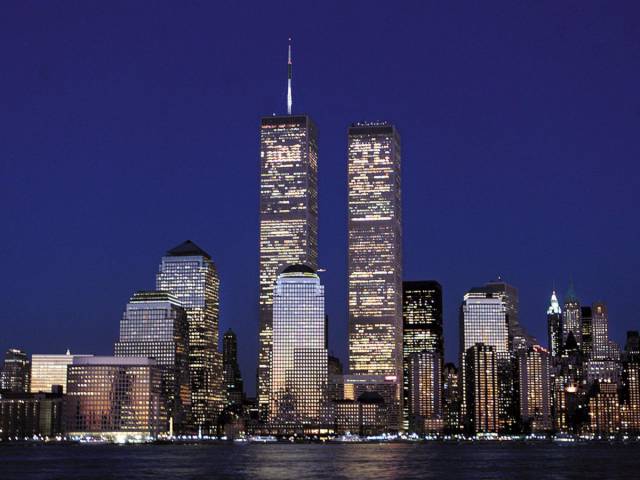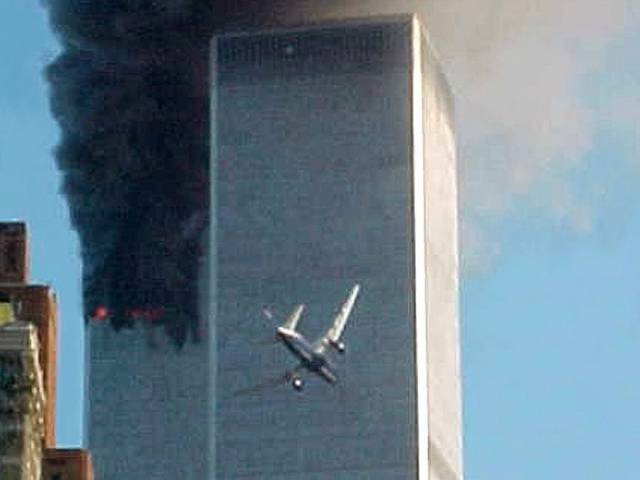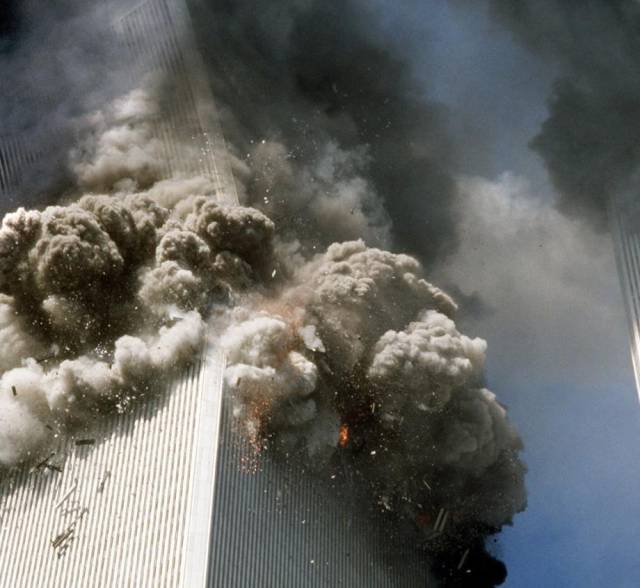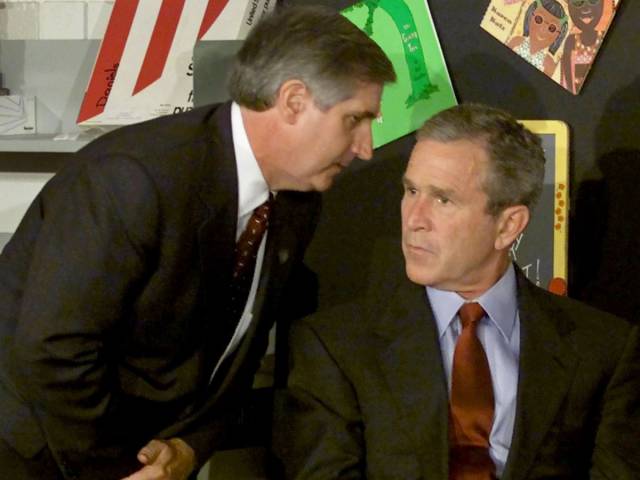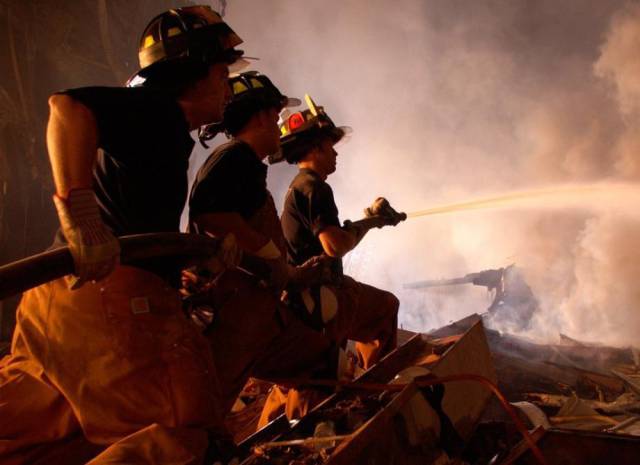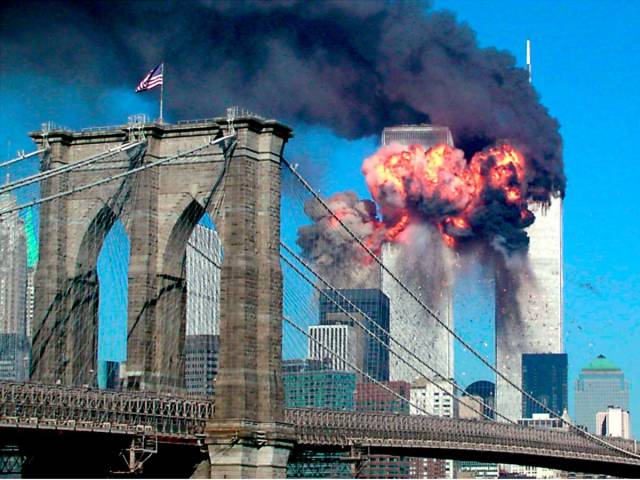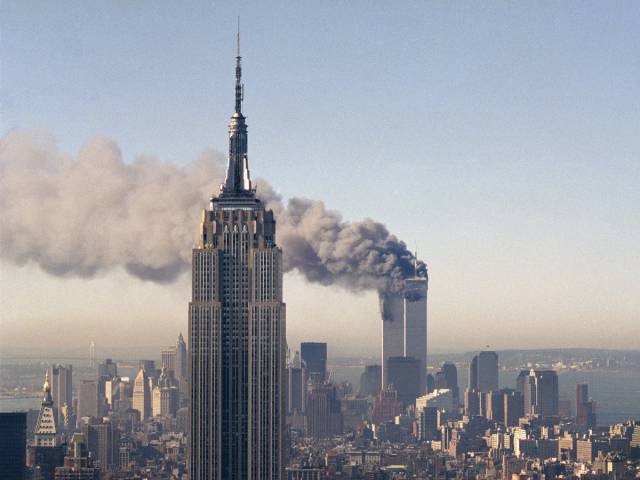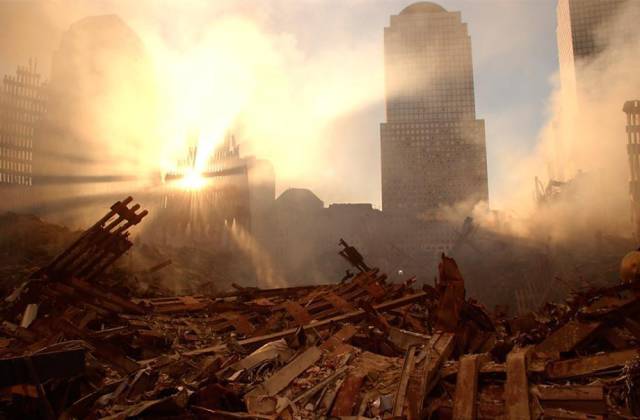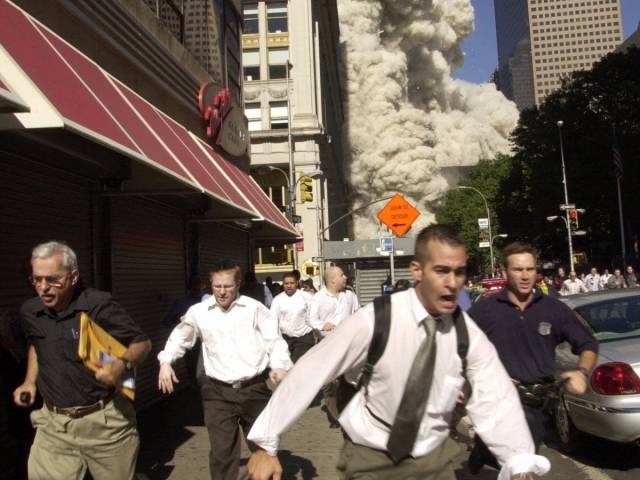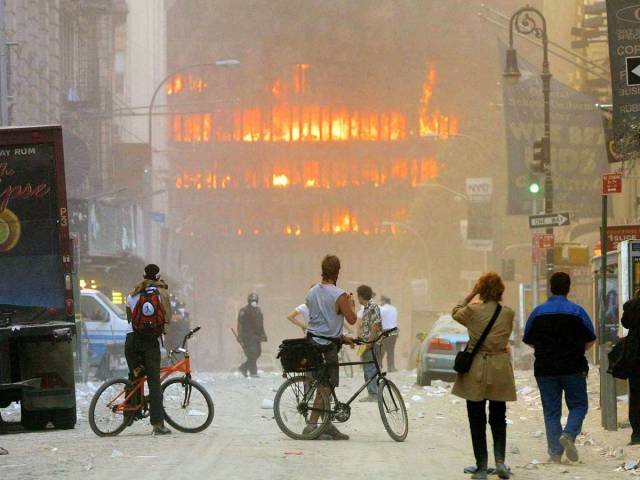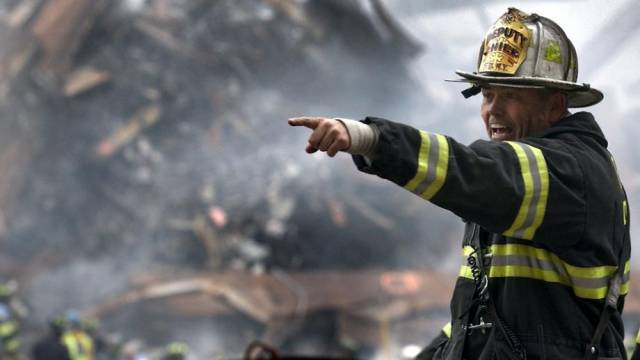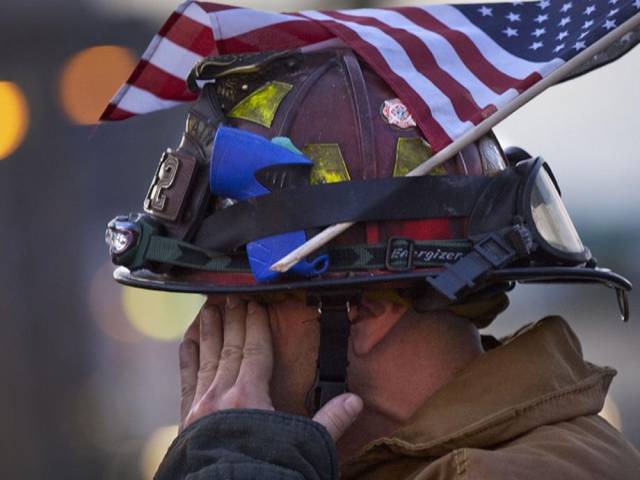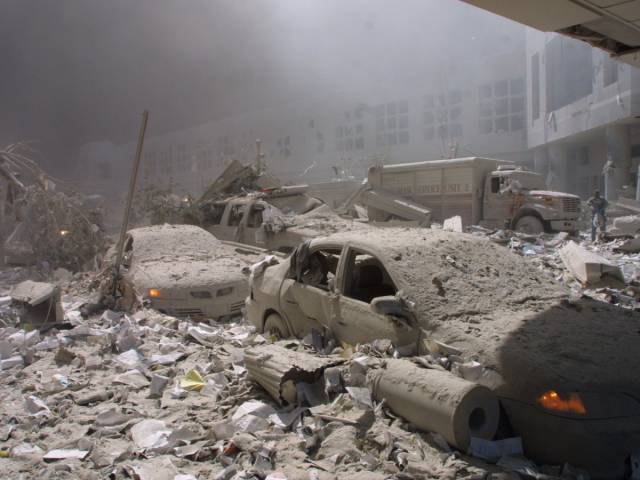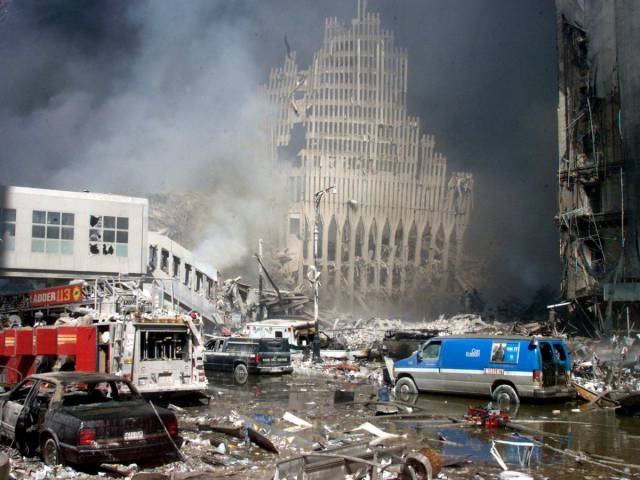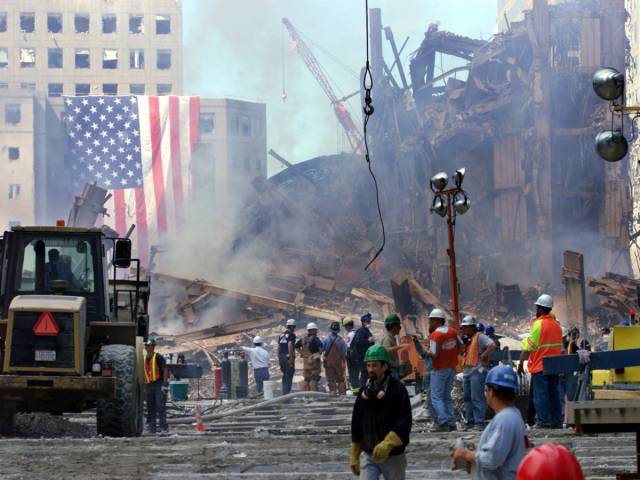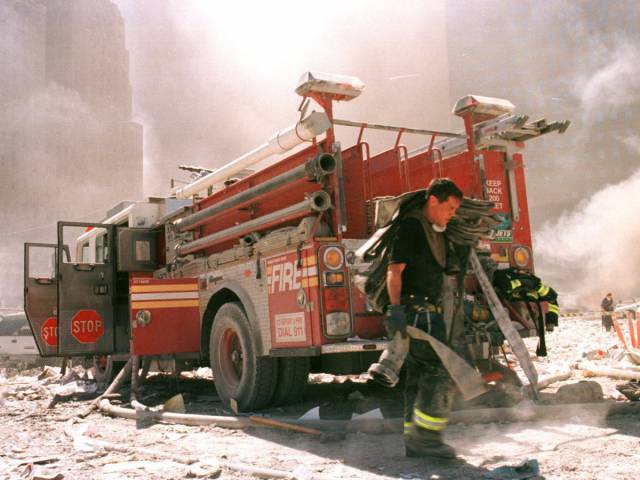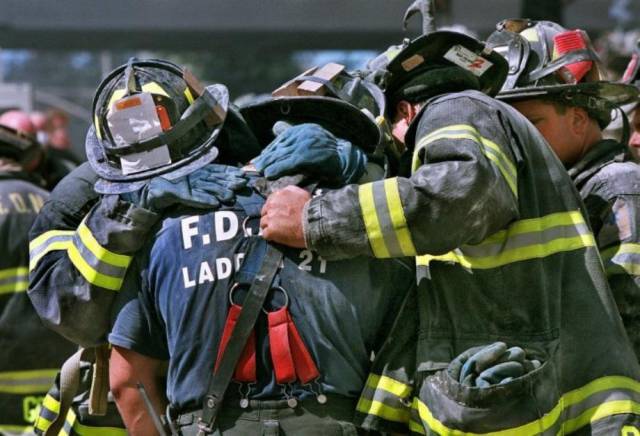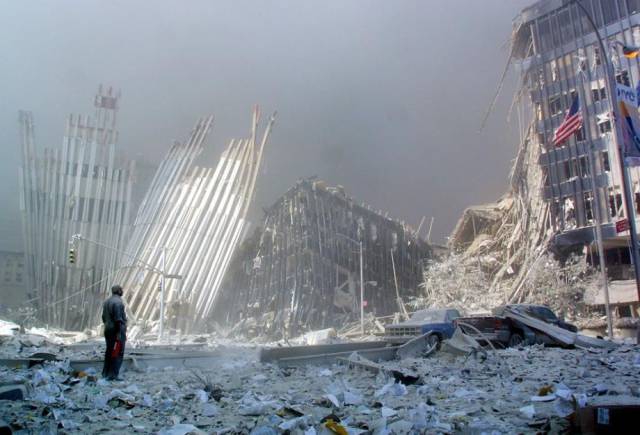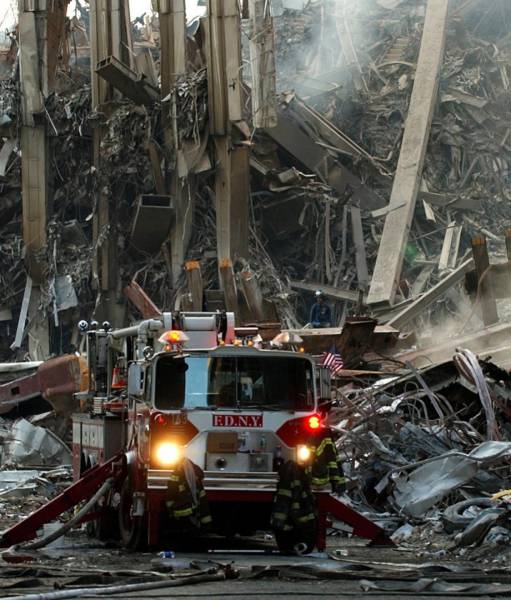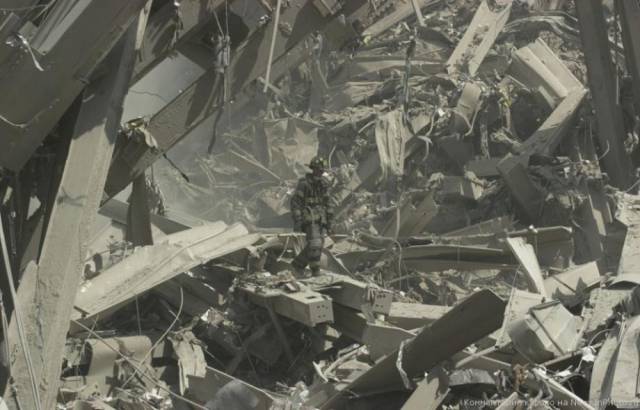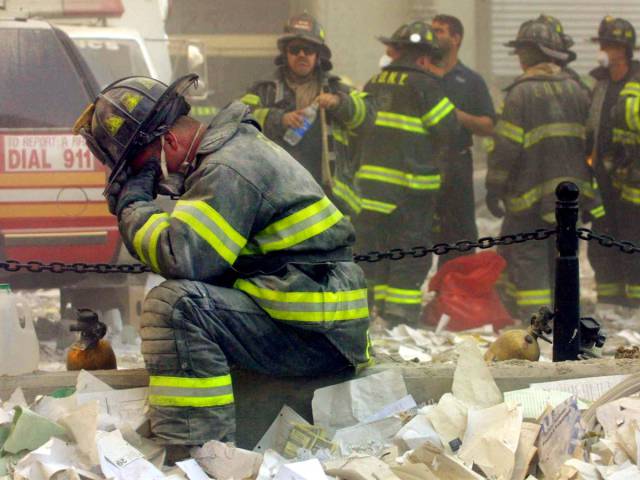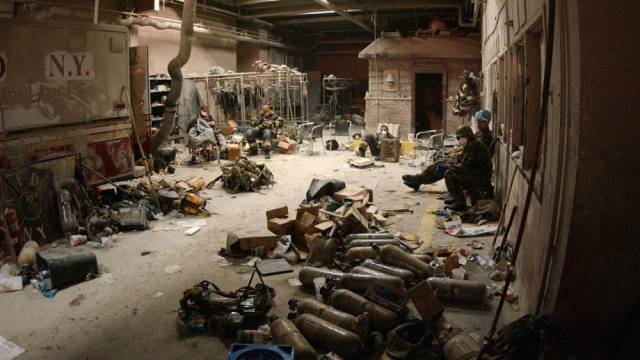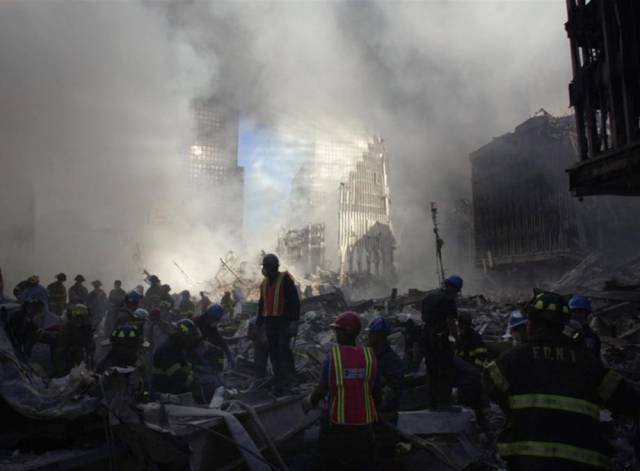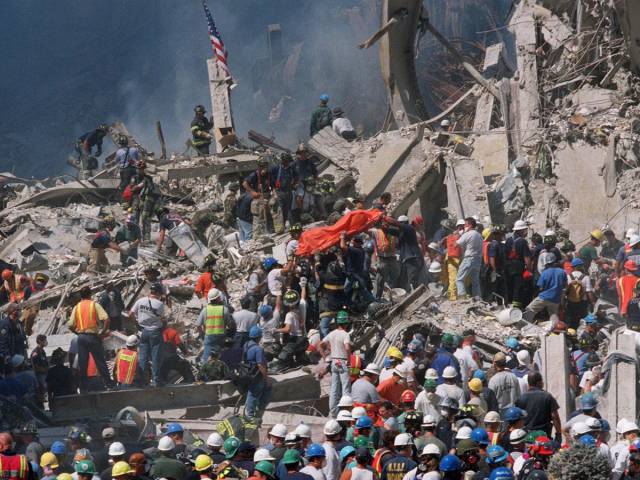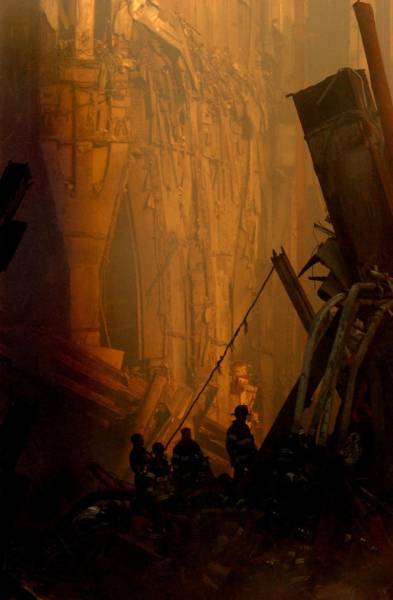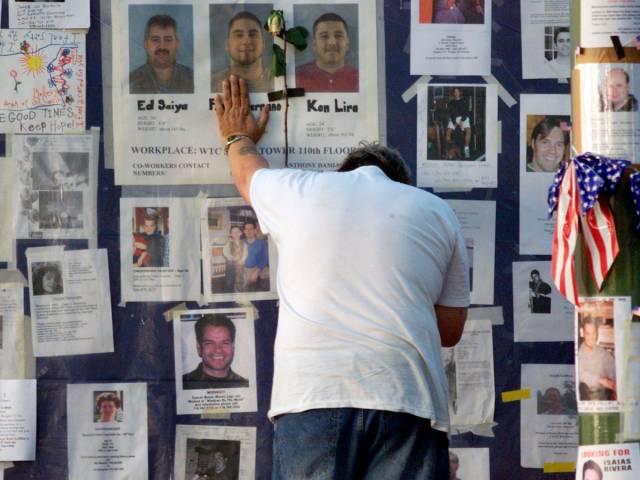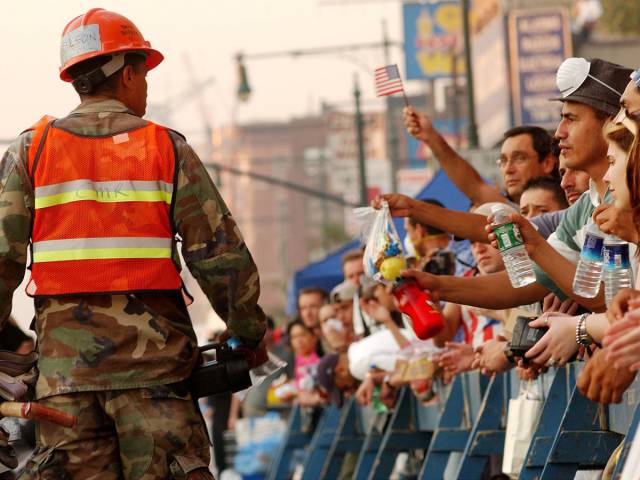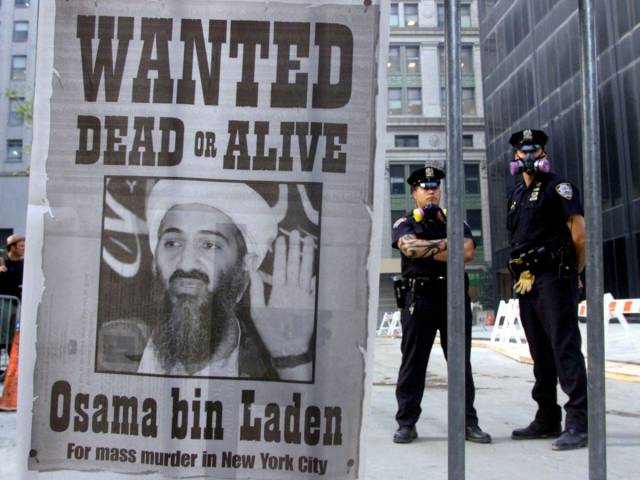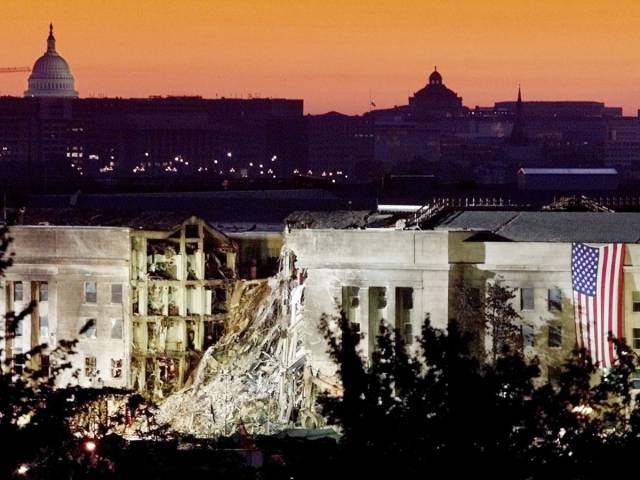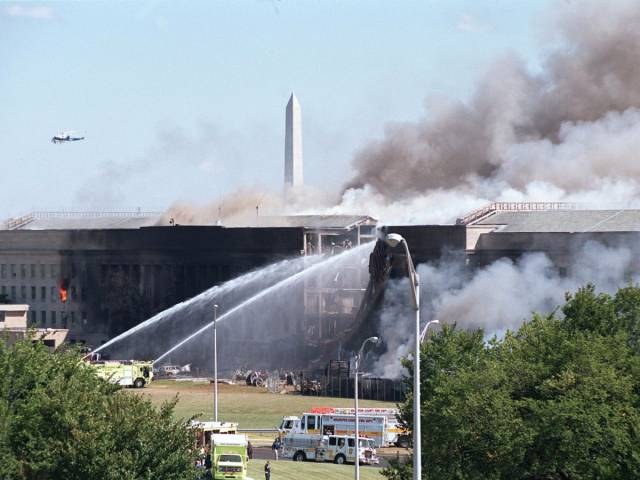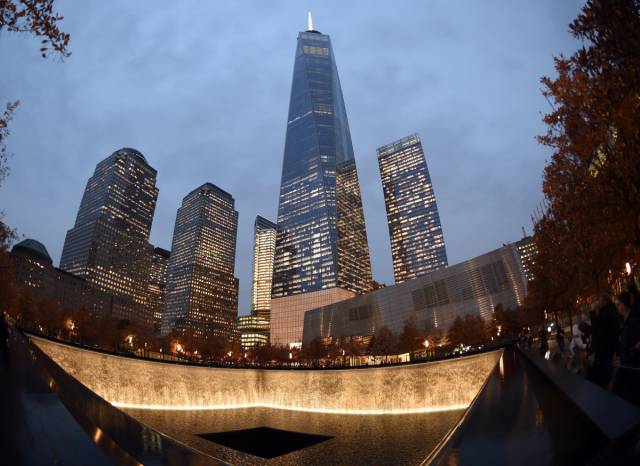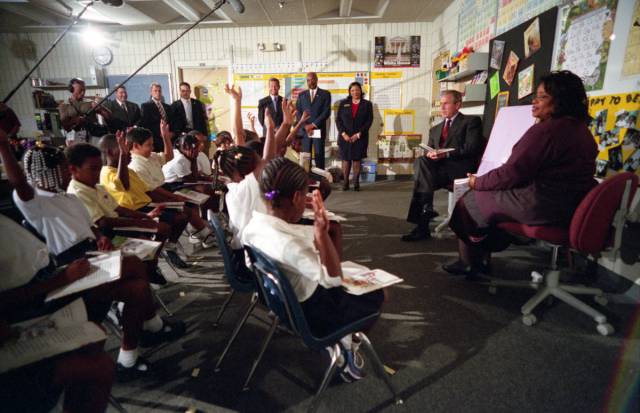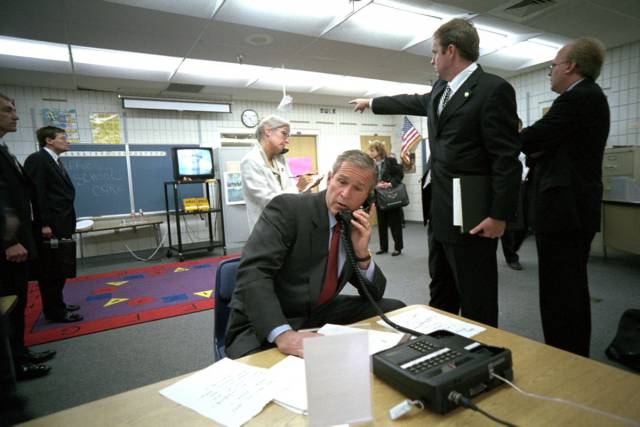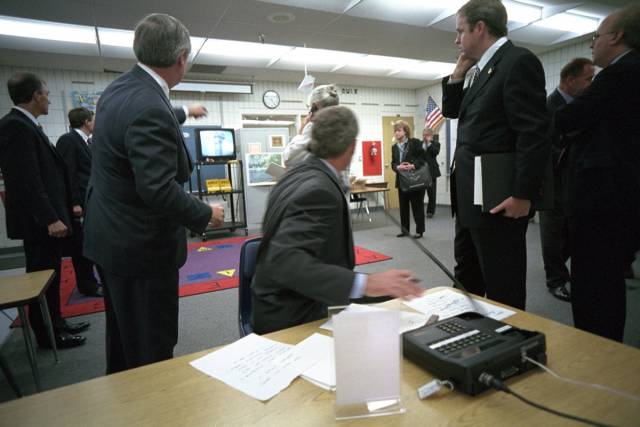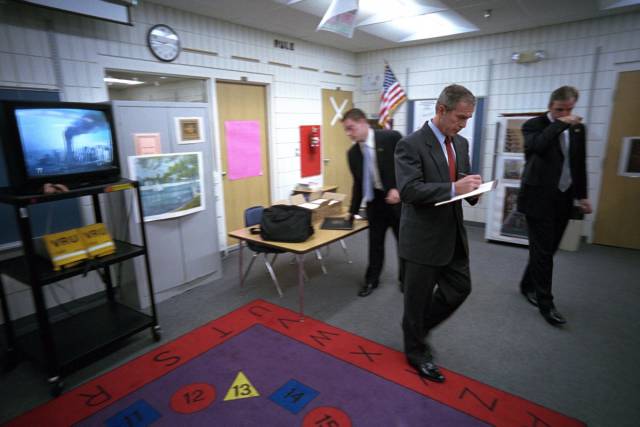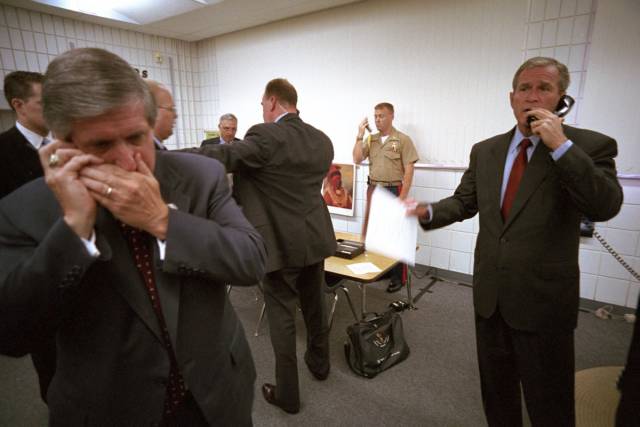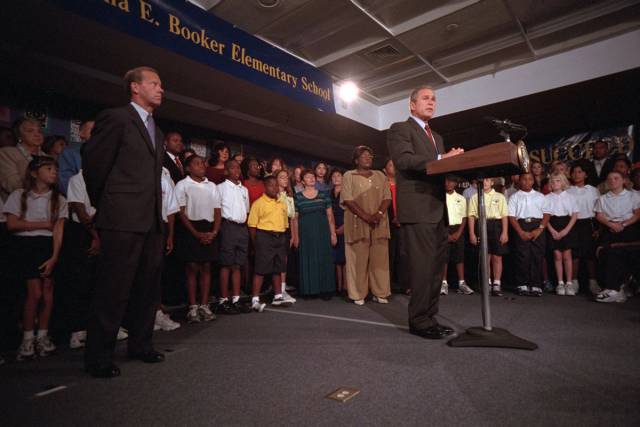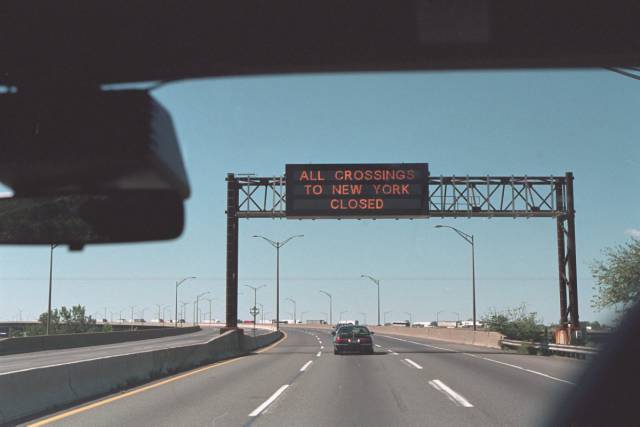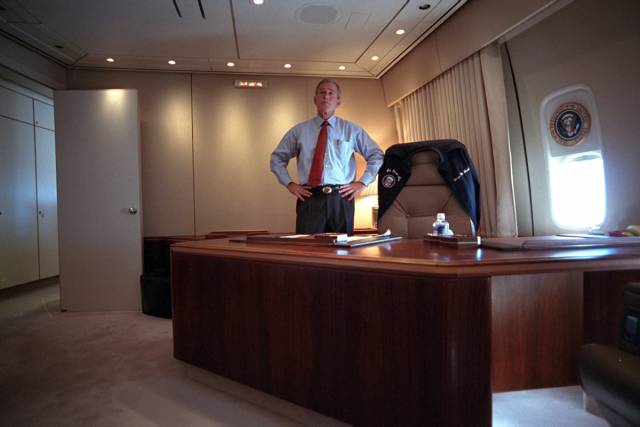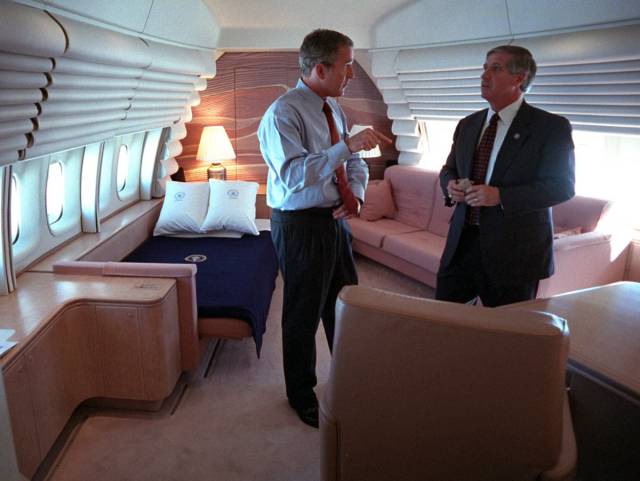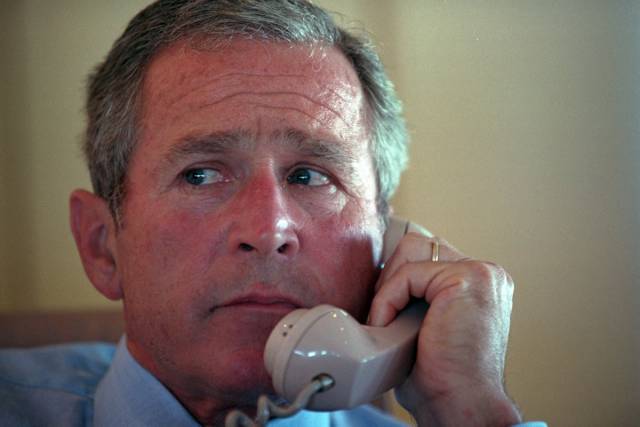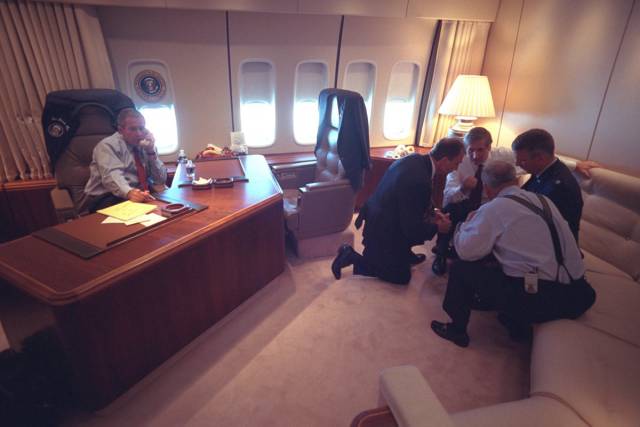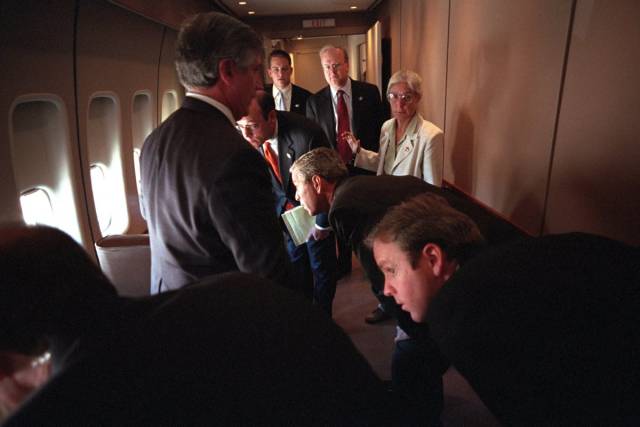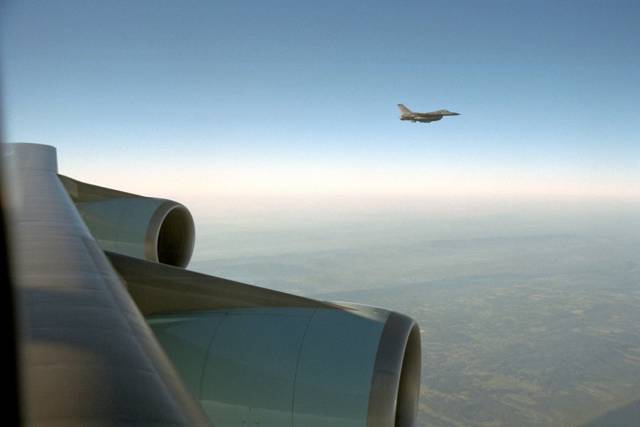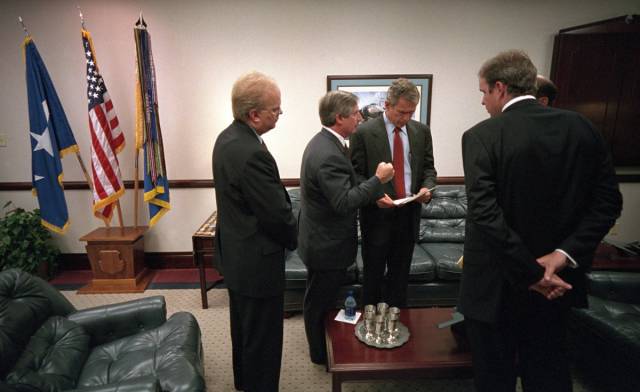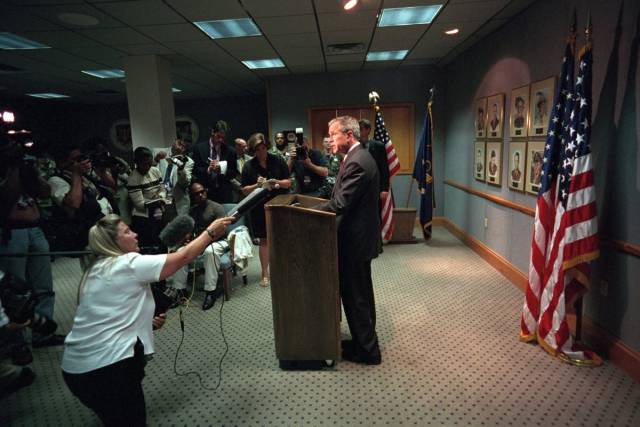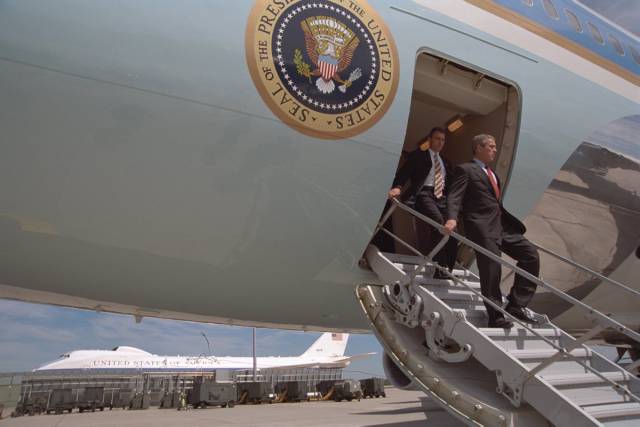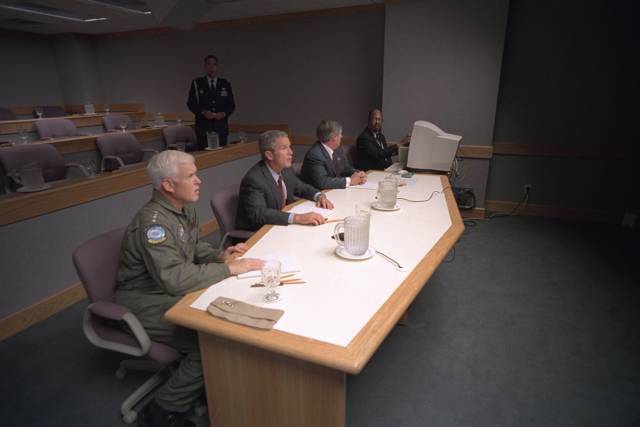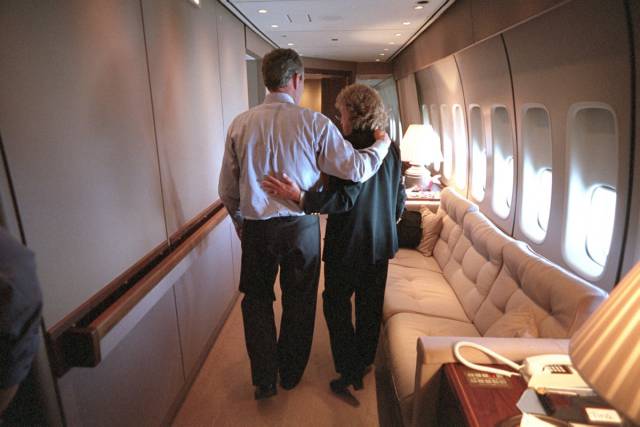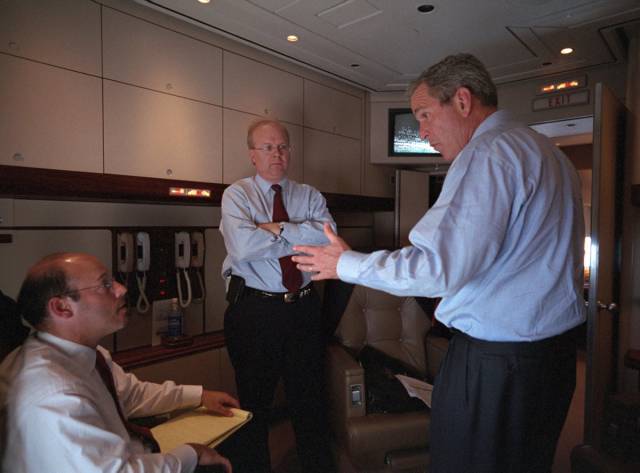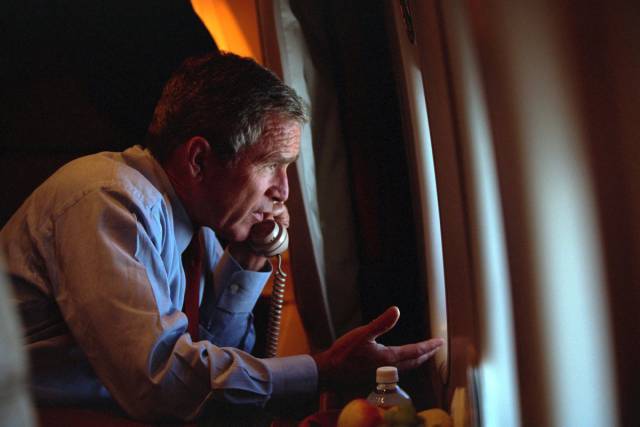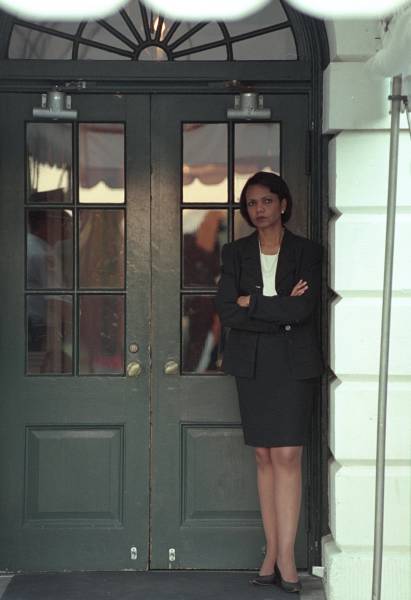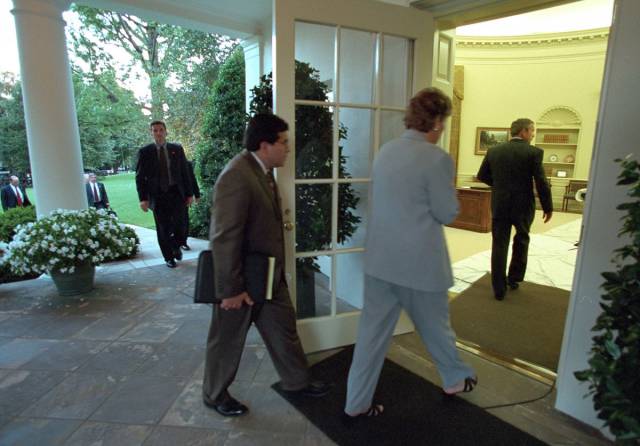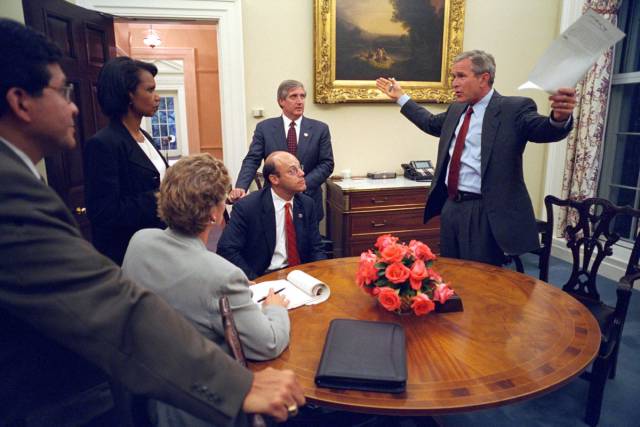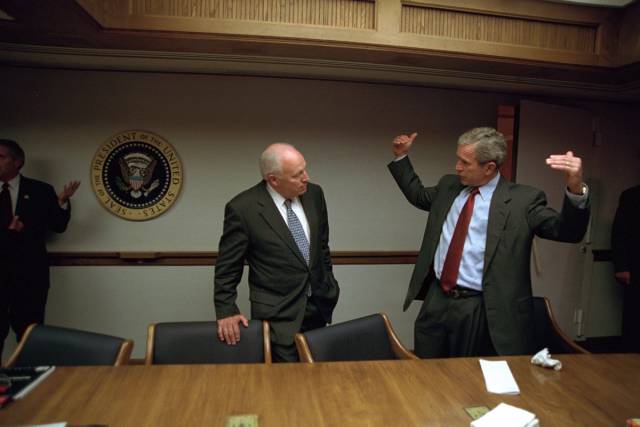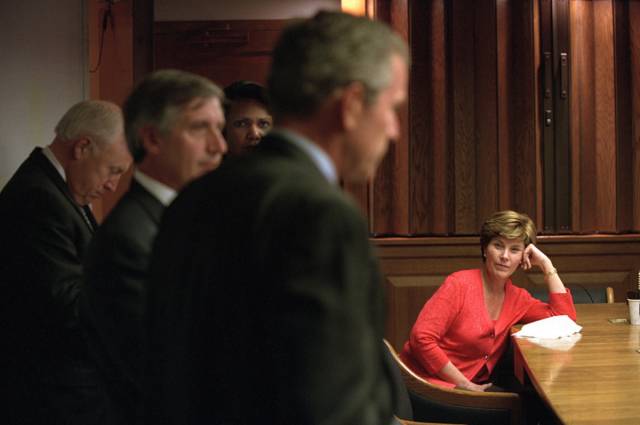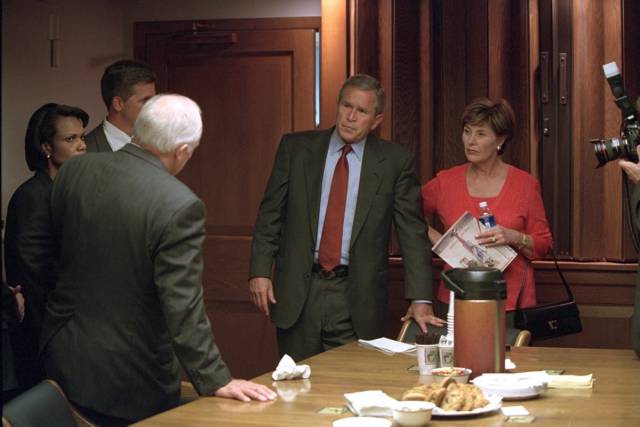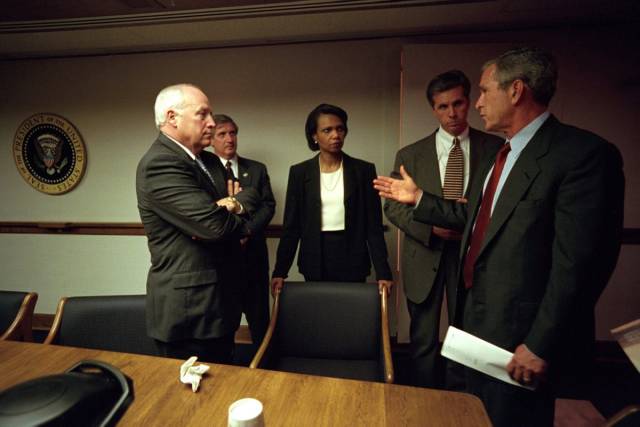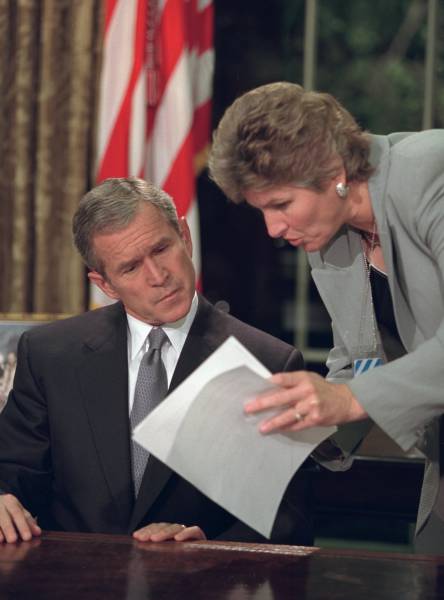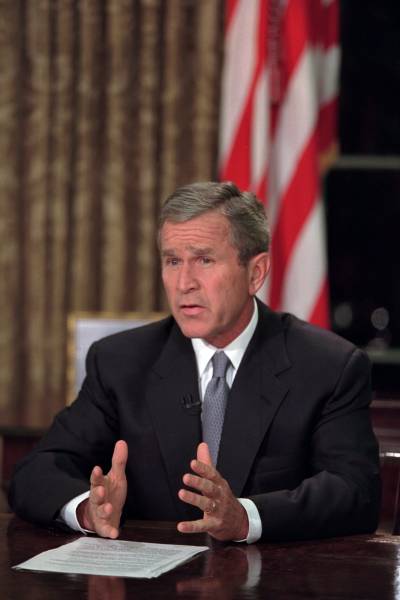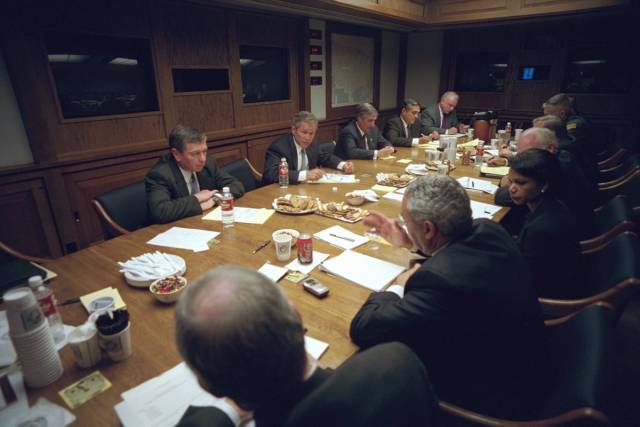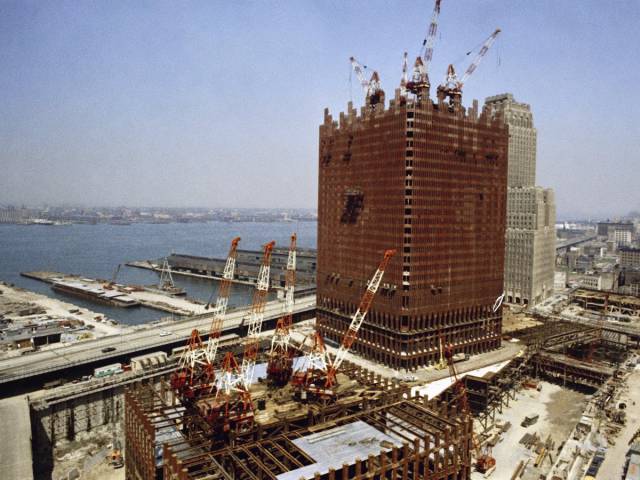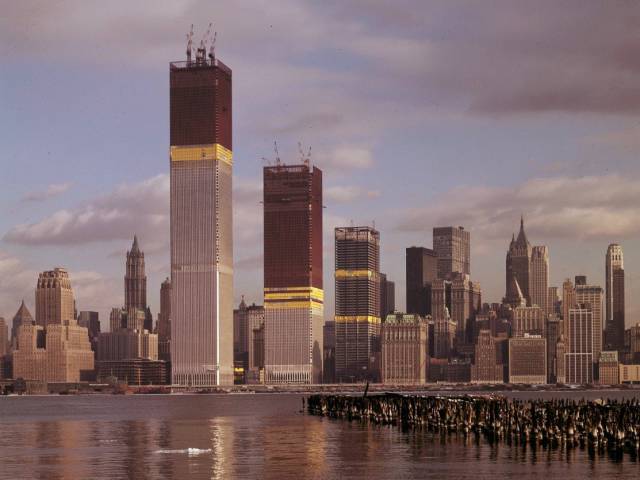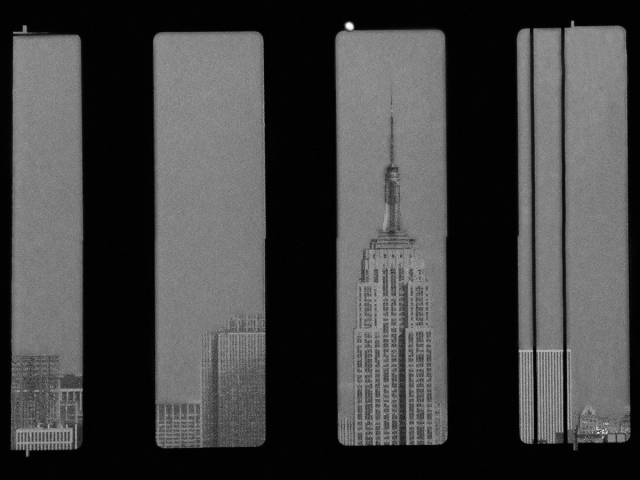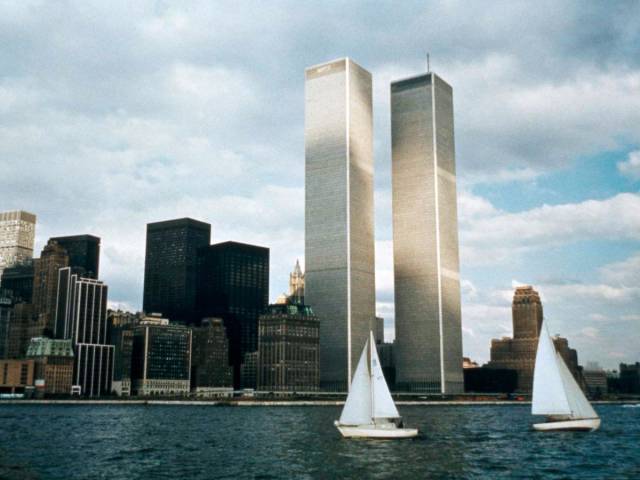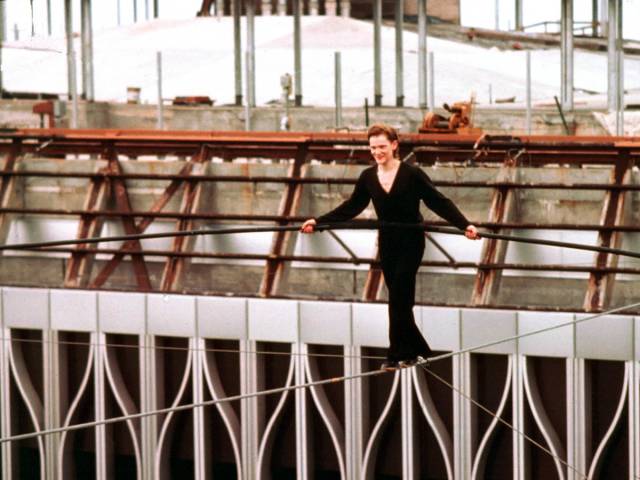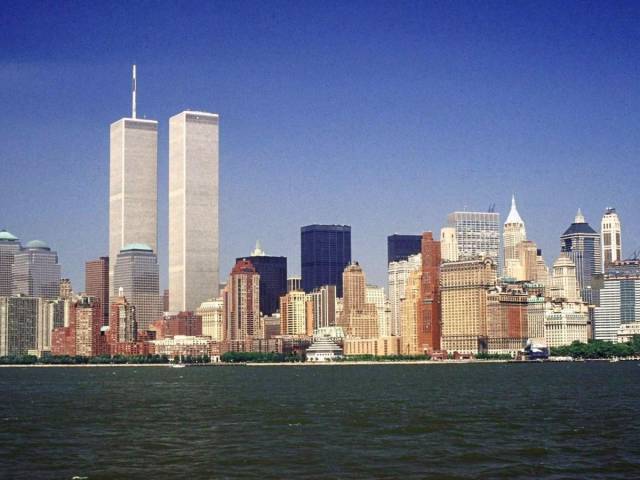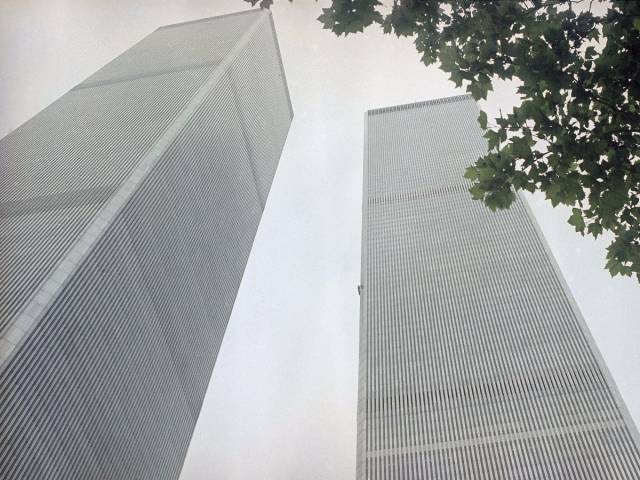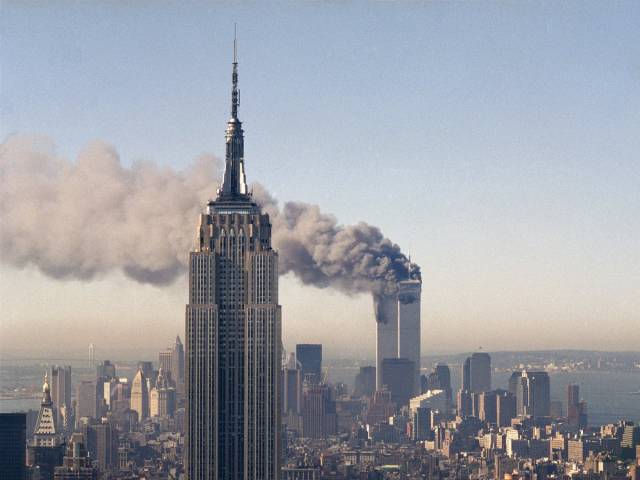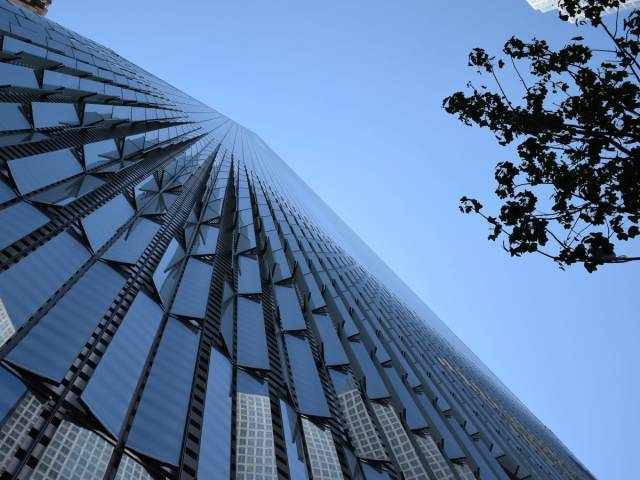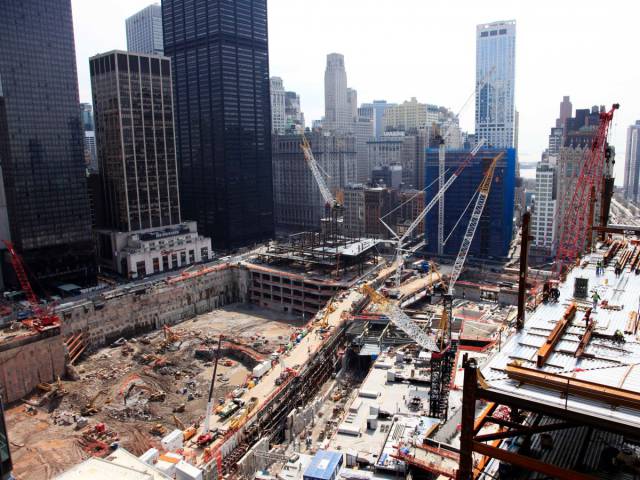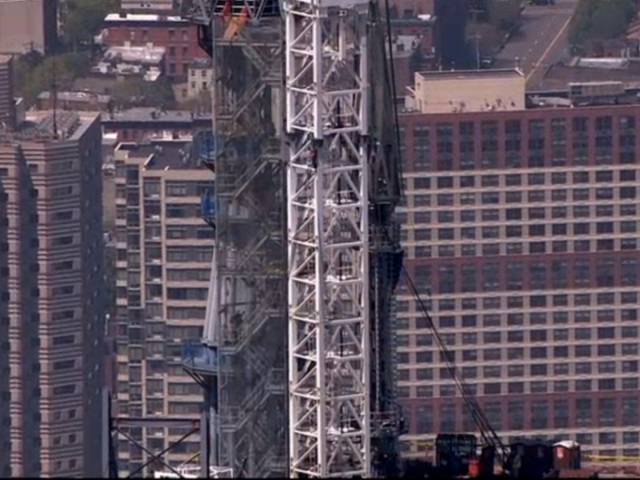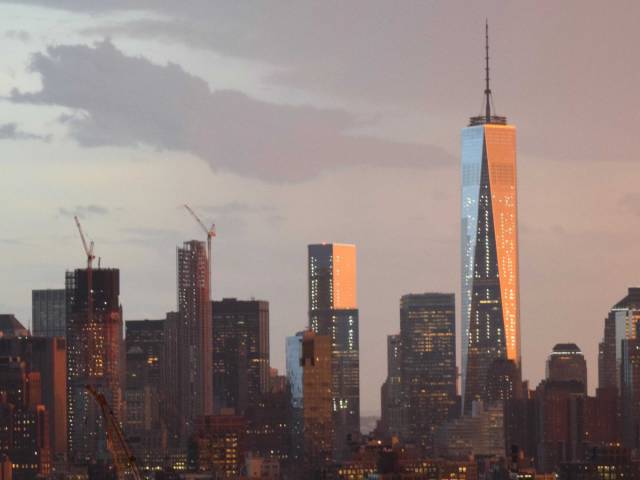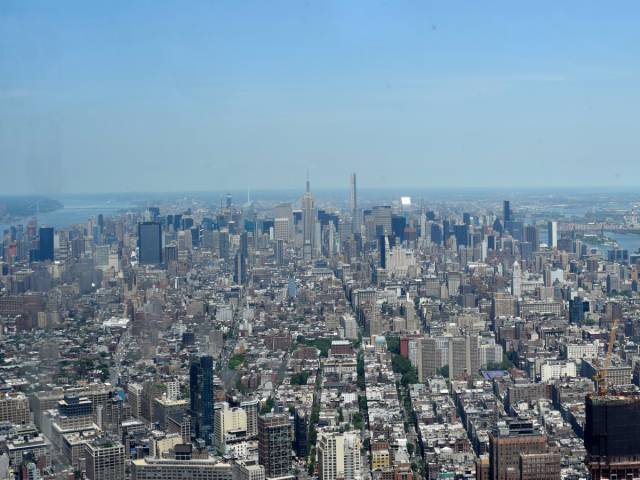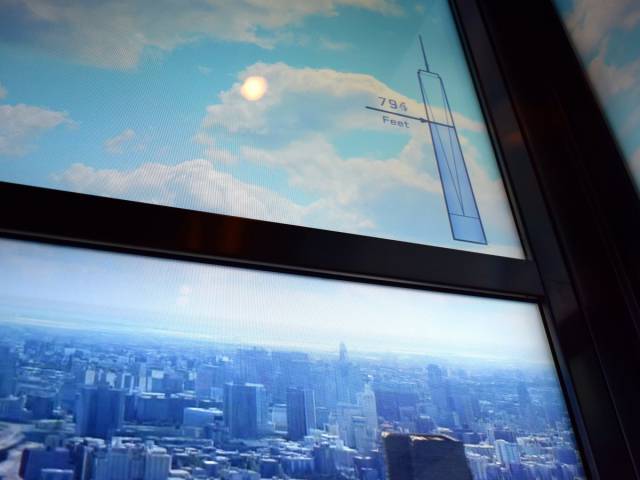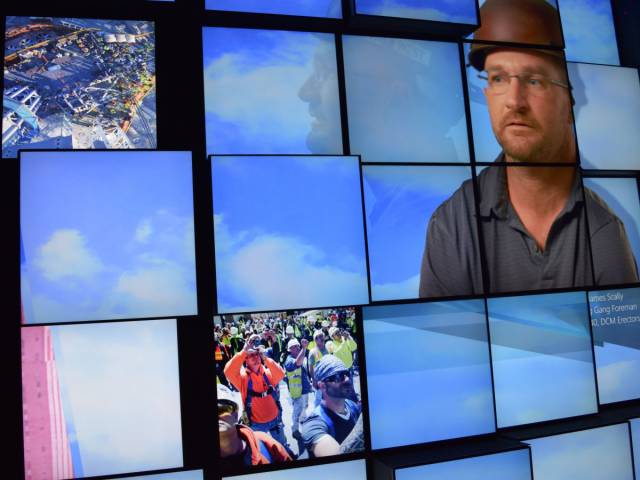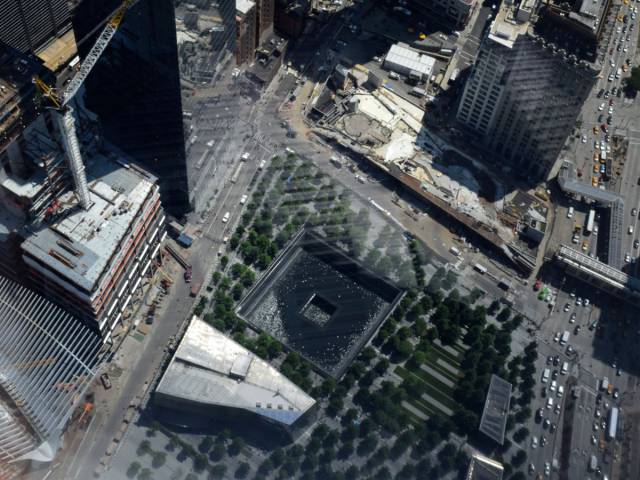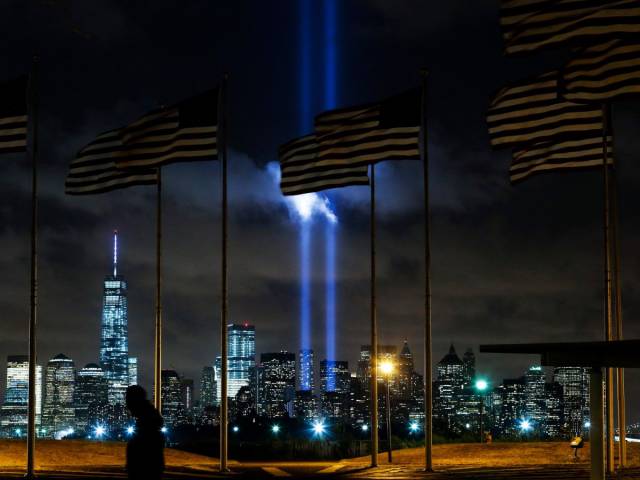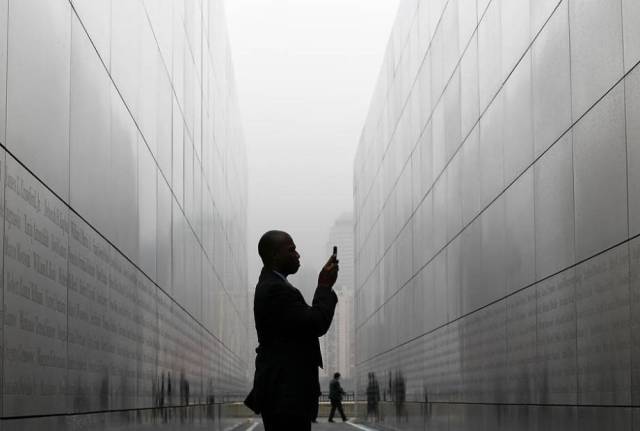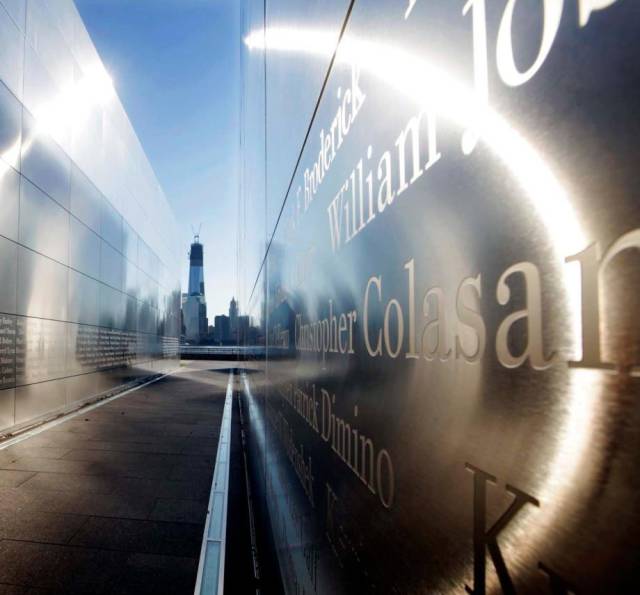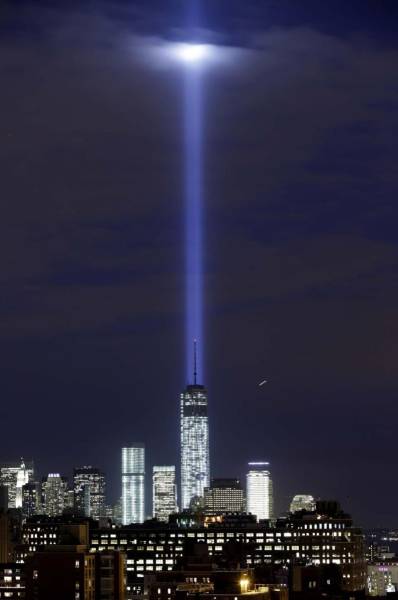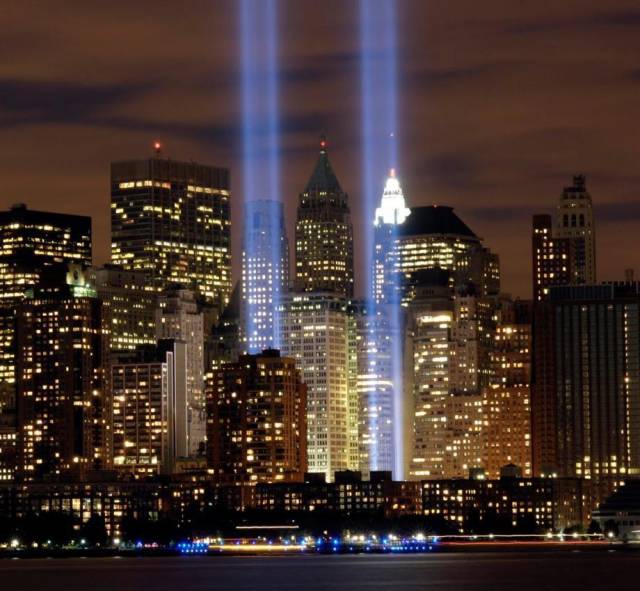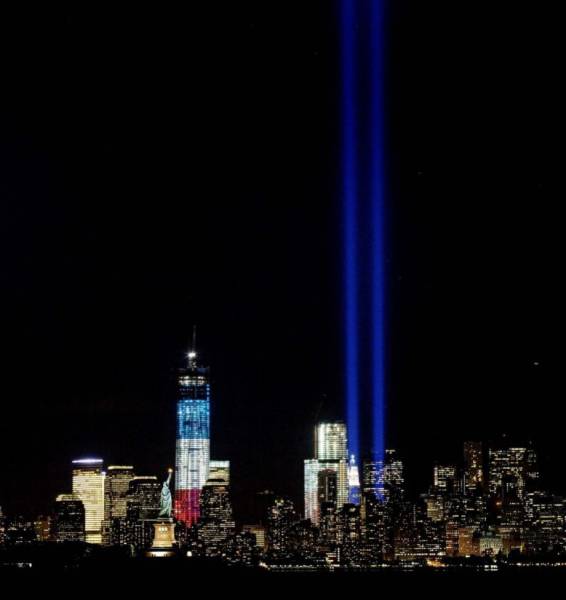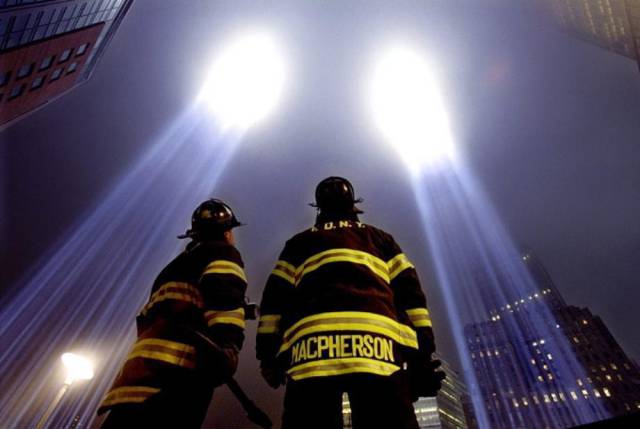It’s been 15 years since the terrorist attacks took place in New York City where the twin towers of the World Trade Center were razed to the ground. A series of four coordinated terrorist attacks was organized by the Islamic terrorist group al-Qaeda which also resulted in the deaths of 2,996 and the injuries of over 6,000 others.
Here is how the tragedy unfolded:
The Twin Towers of the World Trade Center were a familiar sight to New Yorkers. For decades, you looked up, and they were there. It was a reassuring sight. I visited the towers many times and gazed upon them many more.
On the morning of September 11, I had just finished voting in Brooklyn when I looked up and saw that one of the towers was on fire. Just a few minutes later, a second plane crashed into the other tower. Something was very wrong.
President George W. Bush was at a school event when he was informed. The expression on his face says it all. No one in the government knew how serious the threat was.
The impact of the two jets was devastating, smashing through the steel structure of the towers and igniting fires that eventually brought the buildings down. Warplanes took to the skies. Every nonmilitary flight in US airspace was ordered to land.
The sky was blue and clear on 9/11. The winds carried a massive plume of smoke out over the city and New York's harbor. "Manhattan looked as though it had taken 10 megatons," the British novelist Martin Amis later wrote.
The towers were so badly damaged structurally that collapse was inevitable. At the time, however, no one expected this. People on the streets about the World Trade Center fled in terror when the buildings went down, one after the other, and filled the streets with rubble and dust.
Fires raged for hours and smoldered for days in the mass of twisted steel and rubble. Lower Manhattan below 14th Street would be closed to traffic not involved in the rescue effort.
The area around the World Trade Center was a scene of utter devastation. Smoke and dust hung in the air. Countless cars, trucks, and emergency vehicles were destroyed.
Very little remained of the Twin Towers' elegant facades, which architect Minoru Yamasaki has designed with narrow window openings and soaring archwork.
Two 110-story soaring towers were reduced to a contorted mass of smoking metal. Welders spent months cutting the steel apart so that it could be carted away.
The New York City Fire Department rushed to the scene and suffered incredible losses of life as it tried to save people from the burning towers — 343 members were killed.
Strong men were reduced to tears.
In the days that followed, rescue workers streamed into New York for neighboring cities and states. Scenes of horror as bodies were lifted from the rubble contrasted with signs of defiance as American flags were raised above the carnage.
Loved ones posted photos of missing friends and family members in the desperate hope that they might turn up alive.
The city pulled together is a way that I had never witnessed before. We lined the streets to cheer on National Guard and rescue workers as they made their way into Manhattan and down to what became known as "Ground Zero."
We also indulged our vengeful attitudes. Soon, the nation would go to war in Afghanistan.
The attacks weren't limited to New York. The Pentagon also took a hit — 125 people were killed.
The scene at the Pentagon was equally horrifying, but the building itself remained standing.
A new tower has risen at Ground Zero, along with a memorial. This has provided a lot of people with a welcome sense of closure. But it's not enough to make me forget that terrible day; the lives that were lost, and how America was changed.
The moment George Bush learned about the attacks and his further actions:
President George W. Bush participates in a reading demonstration on the morning of Tuesday, September 11, 2001, at Emma E. Booker Elementary School in Sarasota, Florida.
Dan Bartlett, deputy assistant to the president, points to news footage of the attacks while President Bush listens to new security information.
President Bush watches television coverage of the attacks on the World Trade Center during a briefing in the classroom.
President Bush takes notes as he listens to news coverage of the World Trade Center terrorist attacks.
President Bush calls New York Gov. George Pataki, FBI Director Robert Mueller, and Vice President Dick Cheney. White House Chief of Staff Andy Card talks on a cellphone.
President Bush delivers remarks to the nation, regarding the terrorist attacks on US soil, from the elementary school.
A highway sign on Tuesday, September 11, 2001.
President Bush watches television coverage of the terrorist attacks on the World Trade Center from his office aboard Air Force One.
President Bush confers with White House Chief of Staff Andy Card in the president's stateroom.
President Bush confers with staff by telephone, from his office aboard Air Force One, during the flight from Sarasota to Barksdale Air Force Base.
President Bush talks on the telephone as senior staff huddle in his office.
President Bush and his staff look out the windows of Air Force One at their F-16 escort while en route to Barksdale Air Force Base in Louisiana.
An F-16 escorts Air Force One.
President Bush confers with, from left, Karl Rove, Andy Card, Dan Bartlett, and Ari Fleischer before delivering remarks on the World Trade Center disaster from the General Dougherty Conference Center at Barksdale Air Force Base.
President Bush delivers remarks on the terrorist attacks before departing for Offutt Air Force Base in Nebraska.
President Bush arrives at Offutt Air Force Base.
President Bush, Admiral Richard Mies, left, and White House Chief of Staff Andy Card conduct a video teleconference at Offutt Air Force Base.
President Bush and White House Counsel Harriet Miers aboard Air Force One.
President Bush speaks with Ari Fleischer, left, and Karl Rove aboard Air Force One during the flight to Andrews Air Force Base.
After departing Offutt Air Force Base for Washington, DC, President Bush talks on the phone with Vice President Dick Cheney from Air Force One.
National Security Adviser Condoleezza Rice waits at the South Portico for President Bush to arrive at the White House.
Counselor Karen Hughes and Counsel Alberto Gonzales follow President Bush into the Oval Office after his return to the White House.
Working with his senior staff, President Bush reviews the speech that he will deliver to the nation in the evening.
President Bush talks with Vice President Dick Cheney in the President's Emergency Operations Center.
Laura Bush listens as her husband discusses the terrorist attacks with White House staff in the President's Emergency Operations Center.
President Bush and Laura Bush talk with Vice President Dick Cheney and National Security Adviser Condoleezza Rice in the President's Emergency Operations Center.
After returning to the White House, President Bush meets with, from left, Vice President Dick Cheney, Chief of Staff Andy Card, National Security Adviser Condoleezza Rice, and Special Agent Carl Truscott of the US Secret Service in the President's Emergency Operations Center.
President Bush reviews notes with Karen Hughes before addressing the nation from the Oval Office.
President Bush delivers his televised address.
After addressing the nation, President Bush meets with his National Security Council in the President's Emergency Operations Center.
This is how the World Trade Center has changed in 15 years.
Construction on the original towers began in February 1967 with less than a $500 million budget. Architect Minoru Yamasaki designed two 110-story tall towers that were to be constructed as hollow structures supported by steel columns.
The Port Authority and New Jersey Engineering Department aided in the complex's construction. Over 10,000 workers were involved in the building of the complex, which included both towers and a five-acre outdoor plaza with a 25-foot-tall Fritz Koenig sculpture.
There were 43,600 windows in the twin towers and over 600,000 square feet of glass. Each building accommodated 50,000 workers and around 200,000 daily visitors.
Upon completion in 1973, the towers stood as the world's tallest buildings at 1,368 feet tall. The Willis Tower, formerly known as the Sears Tower, stole the title in 1974 at 1,451 feet tall.
The Twin Towers soon became celebrities in themselves. French aerialist Philippe Petit made jaws drop when he tight-roped across the structures on August 7, 1974.
As their popularity increased, the Port Authority created the Windows on the World restaurant on the North Tower's 107 floor. Opened in April 1976, the restaurant delivered aerial city views to diners.
Architect Yamasaki spoke at the 1973 opening ceremonies. "The World Trade Center is a living symbol of man’s dedication to world peace...beyond the compelling need to make this a monument to world peace, the World Trade Center should, because of its importance, become a representation of man’s belief in humanity, his need for individual dignity, his belief in the cooperation of men, and through this cooperation, his ability to find greatness," he said.
After the September 11 attacks, then-Mayor of New York City Rudy Giuliani proclaimed, "We're going to come out of this stronger than before — politically stronger, economically stronger. The skyline will be made whole again."
Today, One World Trade Center — or the Freedom Tower, as it's known by many — represents national strength, pride, and America's ability to rebuild.
There was much controversy over One World Trade's design and budget. Daniel Libeskind designed the original master plan in 2003, but it was David M. Childs of Skidmore, Owings & Merrill who eventually designed the complex as it looks today.
Construction began in 2006 and was completed in 2014. In 2012, The Wall Street Journal reported the building's budget rose to $3.8 billion, making it the world's most expensive new office tower at the time.
The 104-story tower is constructed with more than 2,000 pieces of prismatic glass and stands at 1,776 feet tall. Its height is a subtle tribute to the year America declared its independence.
The One World Observatory officially opened to the public on May 29, 2015. The observatory sits 1,250 feet above the city, providing visitors with unique views, just as Windows on the World had done nearly four decades before.
The observatory's elevators — called "skypods" — have animated interiors that show New York City's construction throughout history. It only takes 60 seconds to reach the top.
Visitors are guided through media-walled rooms that discuss the construction of One World Trade before reaching the skypods. Manhattan schist, a type of granite, serves as the building's foundation, and it's 450 million years old.
Today, the site is also home to the National September 11 Memorial and Museum. Names of the nearly 3,000 people who died in the September 11 attacks, in addition to those who died in the 1993 bombing, are inscribed in the bronze panels that border the pools.
Today, Condé Nast and others call the Freedom Tower home, but we will never forget the twin structures that stood there before.

